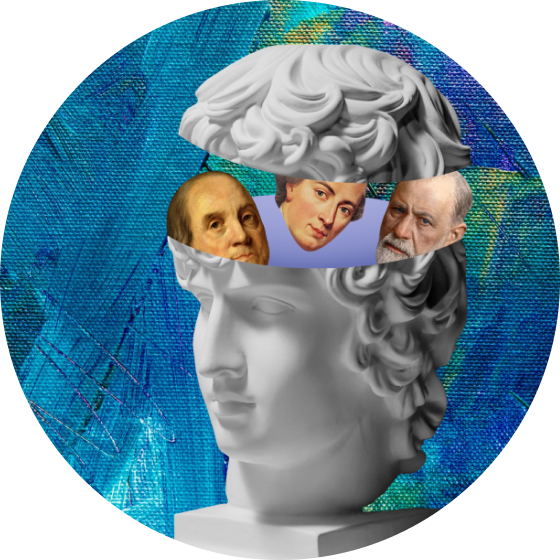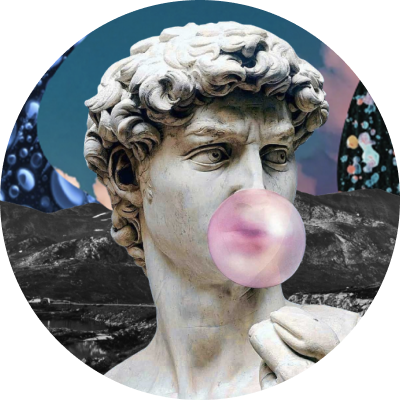
Collect the greatest thinkers’ wisdom
The innovative format will fit into any schedule.
Get a happy life with insights, journaling, and meditations.
Get a happy life with insights, journaling, and meditations.
By continuing you agree to our Terms of Use and Privacy Policy

